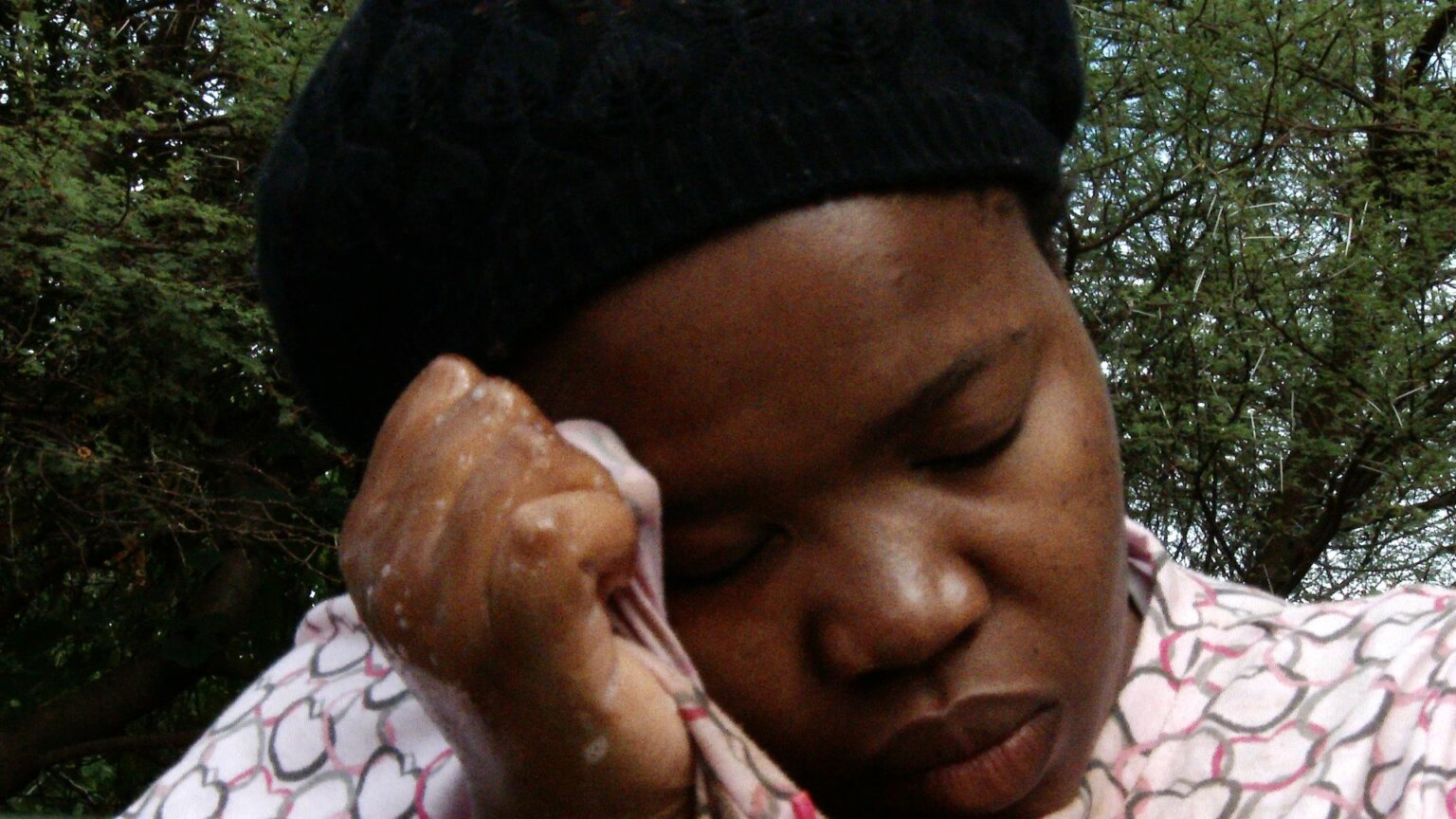- About
- Topics
- Story
- In-Depth
- Picks
- Opinion
- News
- Donate
- Signup for our newsletterOur Editors' Best Picks.Send
Read, Debate: Engage.
| topic: | Women's rights |
|---|---|
| located: | Botswana |
| editor: | Bob Koigi |
In Botswana, about 70 per cent of women have, at one time in their lives, experienced some form of physical or sexual abuse, more than double the global average, the United Nations Population Fund statistics show.
Police data reveal that there have been some 2,789 reported rape cases from January this year, up from 2,265 cases last year.
There has been a systemic rise in sexual assault and gender-based violence since COVID-19 struck in what is attributed to women being confined at home with their abusers as government institute lockdown measures to tame the spread of the virus.
It has been particularly difficult for victims who are hesitant to report the cases for fear of reprisals, shame and the stigma associated with rape victims.
The result has been a growing number of women and girls who remain disenfranchised, lonely and silently nursing emotional and physical wounds.
The judicial system hasn’t been of much help as cases drag on for months and years, and at times, lenient rulings have seen perpetrators go scot-free to continue with their abuse.
It is therefore a laudable move that the country recently launched 25 gender violence courts that will specifically focus on hearing rape and violence against women cases. These specialist judicial organs, while restoring the dented credibility of the Botswana courts, will offer peace of mind, comfort and closure to thousands of rape victims who have suffered the miscarriage of justice. Botswana has set an example to the rest of the world that is worth emulating.
Image by FotoshopTofs

